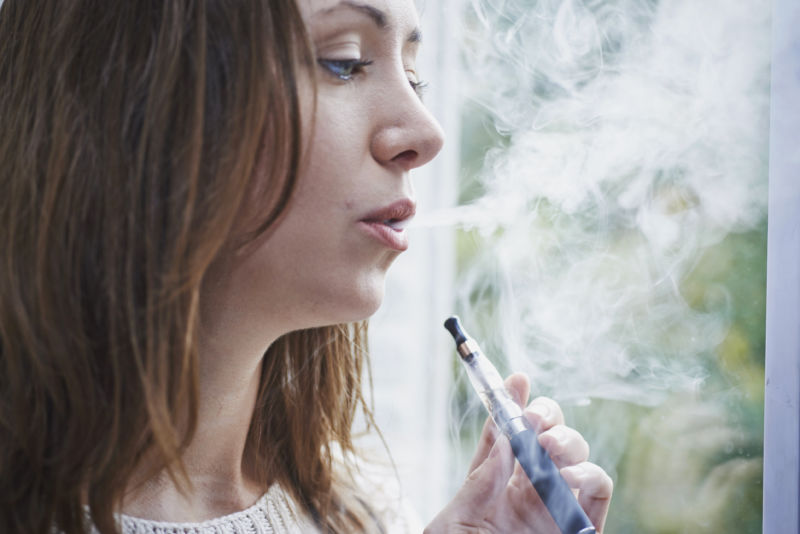
Apple has removed all 181 vaping-related apps from the iOS App Store, Axios reported on Friday morning. The move follows rising concern about the possible health impacts of vaping.
Some of the banned apps provided news and information about vaping. Some were vaping-themed games. There were also apps that allowed users to adjust the temperature and other settings on their vaping devices.
To avoid breaking functionality for existing customers, Apple is allowing them to continue using vaping apps already on their devices—and to transfer them to new devices. But new users won’t be able to download these apps, and new vaping apps can’t be published on Apple’s store.
Since their inception, e-cigarettes have faced questions about their safety. Manufacturers have portrayed them as a safer alternative to cigarettes, but critics—including the Food and Drug Administration—say companies haven’t proven these claims scientifically. The technology is so new that the long-term health impacts aren’t yet clear.
Critics are particularly worried about rising teen vaping. While conventional teen smoking has been on the decline for decades, those gains have been largely offset by a rise in e-cigarette use among high school students. The Food and Drug Administration is planning to ban flavored vaping products to reduce their appeal to children.
In recent months, health officials have confronted a more urgent problem: hundreds of people have fallen ill after using vaping devices. Officials have linked most of the illnesses to off-brand vaping liquids—especially those involving THC, the main active ingredient in marijuana. One possible culprit: a form of vitamin E, common in skin creams, that may become harmful to the lungs if vaporized. This form of vitamin E has been found in some vaping liquids.
So far, these acute health problems seem to afflict a small minority of vaping users who use vaping liquids from unofficial sources. Consumers who stick to mainstream vaping products do not seem to have been affected.
https://arstechnica.com/?p=1602621

